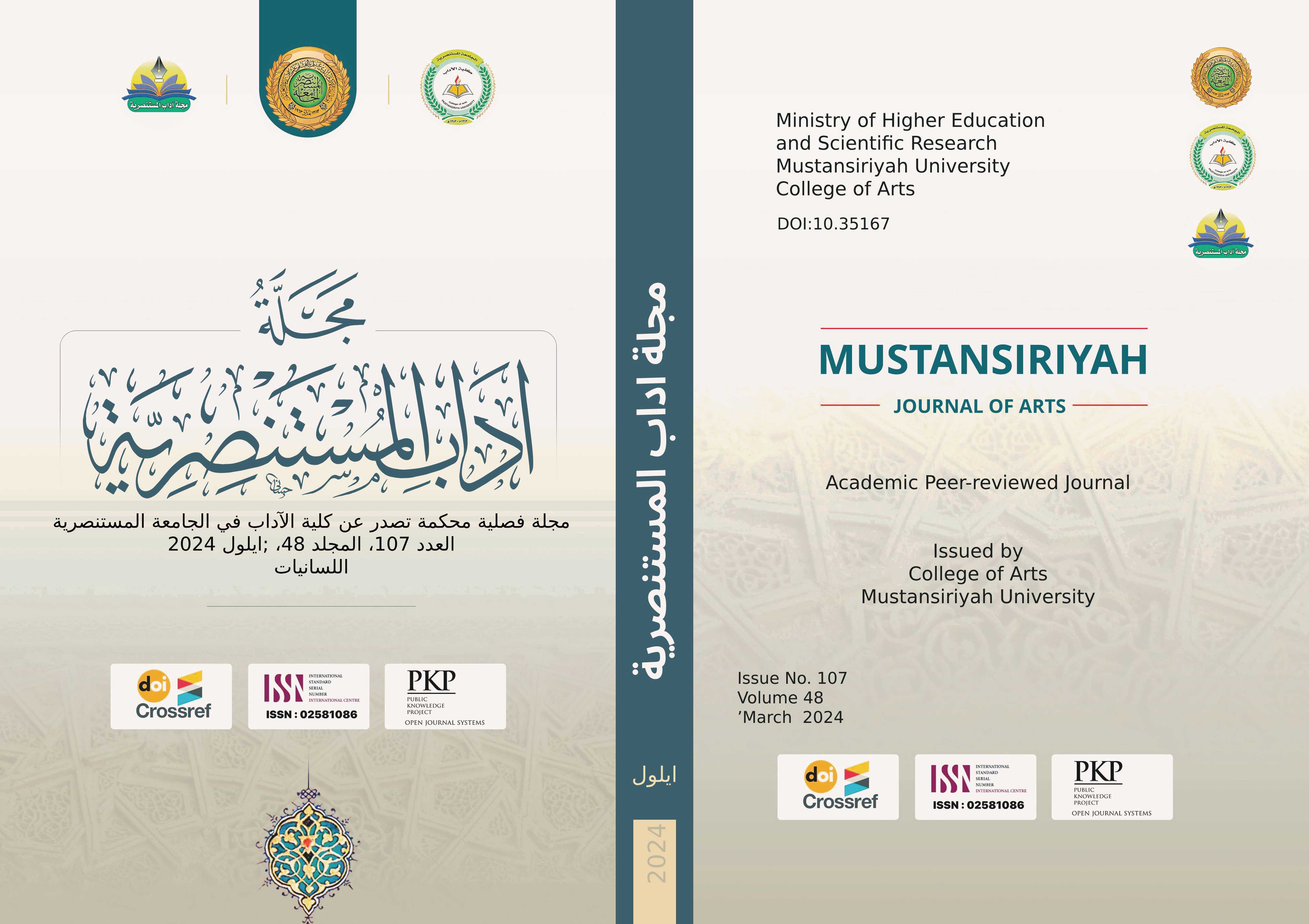A Sociolinguistic Study of Euphemistic Expressions Used by Iraqi Speakers
Abstract
Iraqi speakers tend to use euphemistic expressions in different social situations just like the speakers in many other cultures. This study aims at explaining and analyzing the techniques that are used by Iraqi speakers in order to conduct a smooth conversation and maintain good relationships with others. Expressing taboos may cause problems in many cultures, and the present study answers the question of: how could Iraqi speakers express taboos?. Positive and negative euphemistic techniques are used by Iraqi speakers in different social situations, and this paper shows that within four tables. The expressions that are presented in the four tables are analyzed within a qualitative approach. For some social and psychological reasons; Iraqi speakers tend to make ordinary and natural things look better, greater or more important that they really are, so positive euphemism is used in such situations. On the other hand, taboos, things that are painful, disgusting and embarrassing are presented by Iraqi speakers with some strategies to make them look less painful or decreasing the bad side. In this way, negative euphemism is used for some social and psychological reasons to make it easier to talk about diseases, deformations or physical disabilities. The way of using these techniques shows that Iraqi speakers are skillful speakers; they are capable of conducting different topics in different social situations.
Downloads
Published
Issue
Section
License

This work is licensed under a Creative Commons Attribution-ShareAlike 4.0 International License.


